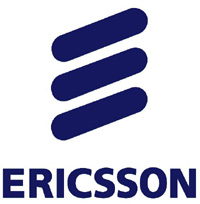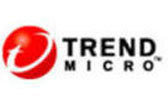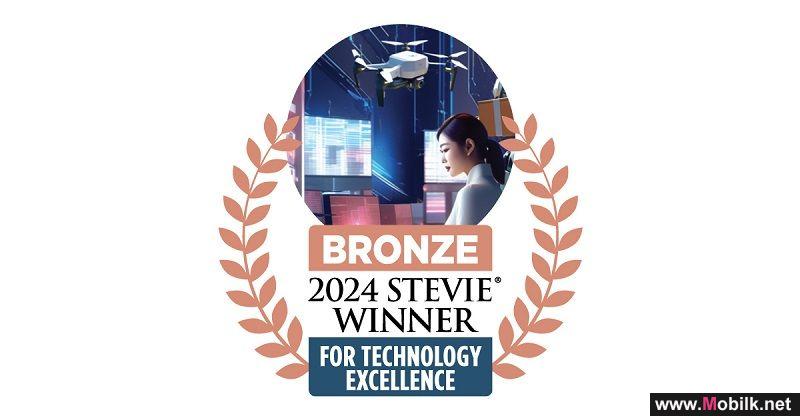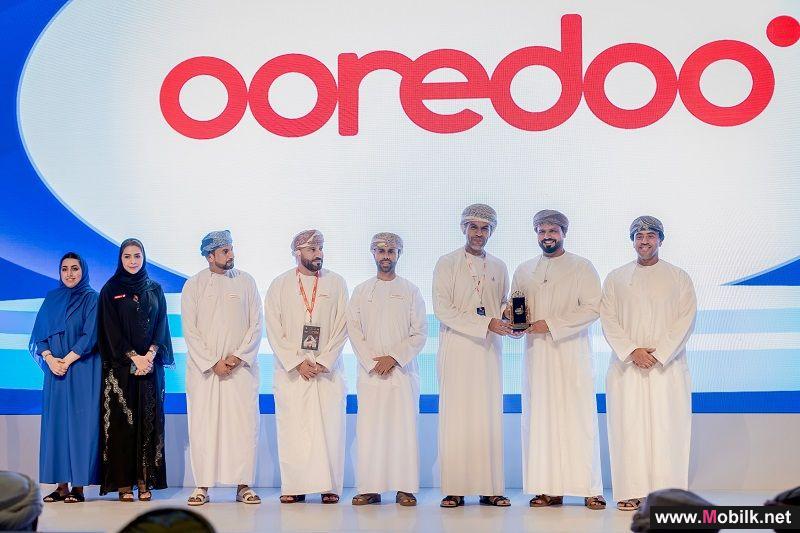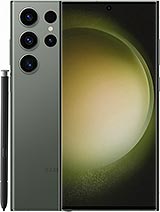Gadgetization – friend or foe?
Mobilk - The modern world gives us more ways than ever to stay online and in touch – and people are rushing to take advantage. But while Kaspersky Lab figures show that more and more families are using several different Internet-ready devices, cyber criminals are also ready to take advantage of new ways to exploit their victims.
Gadget nation
Kaspersky Lab’s global survey[i] revealed that the average Russian family has 3.3 personal electronic devices with Internet access and capable of storing large amounts of data. The most gadget-happy nation is Saudi Arabia, with 4.3 devices per household; Romanians have the fewest hi-tech toys with 2.6. Russia was ranked alongside Mexico and China.
The desktop computer is the most popular type of personal electronic device in KSA – almost 62.5% of those surveyed said they had one at home. 18.4% of the respondents stated that they had two or more desktops. Laptops are as a prominent as ever thanks to their combination of high performance and mobility – every second family (53%) has one. 36.4% of respondents said they have two or more laptops at home. More than half of those polled (55.7%) turned out to be smartphone owners, with 27.5% of respondents saying that there were two or more such devices in their household. When it came to the latest devices such as tablets, it was revealed that every tenth respondent (33.7%) had purchased one and a further 11.3% intend to do so in the near future. Almost 5.1% of the inhabitants of KSa’s biggest cities are already the proud owners of a full set of modern electronic devices (desktop PC, laptop, smartphone and tablet).
{ Gadgetization – friend or foe? / 4.3 devices per household in KSA / 18.4% 2 or more PCs / 27.5% 2 or more smartphones / 36.4% 2 or more laptops / 33.7% already have a tablet / 5.1% of households desktop PC, laptop, smartphone, tablet / Mobile platforms / Number of malicious programs / at the beginning of 2011 / at the end of 2011 / growth % / Operating system / Number of malicious programs / at the beginning of 2011 / at the end of 2011 / growth % }
Under threat
This love of gadgets offers a wealth of opportunities to cyber criminals. Every day users make online purchases, chat on social networks, check their email accounts and browse the Internet. All this can be done just as effectively on a smartphone or a tablet running various operating systems as it can on a desktop or laptop computer. In 2011 the experts at Kaspersky Lab observed a dramatic growth in the amount of malware for the majority of platforms. The domination of Windows on users’ PCs is reflected in its popularity among virus writers – malware for the operating system increased 80% last year. Malicious programs for Mac OS also demonstrated significant growth of 35%. When it came to mobile operating systems, four platforms bore the brunt of the biggest increases in malware. There was a rise of 13% for Windows Mobile, and Symbian saw a rise of 16%. Java2ME continues to be a favorite target of the virus writers as it is used on the majority of basic phones. The amount of malware for this platform rose by 160%. But it is Android that has the unenviable distinction of being targeted most by the virus writers. At the beginning of 2011 there were a couple of dozen threats targeting the platform; by the end of the year that number had reached the 2,000 mark. The overall increase in malware targeting Android for the year came to almost 12,000%.
“Regardless of the type of device or operating system, users need to be sure that all their gadgets are protected. With such a variety of devices and platforms, comprehensive protection is only possible with the help of universal solutions that have already become a major new trend in IT security for end users,” explains Alexander Erofeev, Head of Strategic Marketing & Brand Communication at Kaspersky Lab. “When you have several devices, purchasing an integrated solution makes more sense economically than protecting each device separately, and it makes installation much easier. Kaspersky ONE is just the sort of flexible solution that can protect your PCs & laptops, Macs, smartphones and tablets.”
Research & Studies
Making Information and Communication Technology (ICT) a central part of efforts to decrease CO₂ (Carbon Dioxide) output has the potential to reduce..
Research & Studies
New research from Ericsson (NASDAQ:ERIC) has suggested that mobile penetration is outpacing births rates across the Middle East. According to the..
Research & Studies
Thanks to mobile broadband, an ever-increasing number of people and devices are connected. This phenomenon provides more opportunities for operators,..

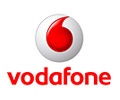 Vodafone Oman
Vodafone Oman Emirates Telecom
Emirates Telecom  Ooredoo Om
Ooredoo Om Ooredoo Qa
Ooredoo Qa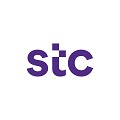 stc Bahrain
stc Bahrain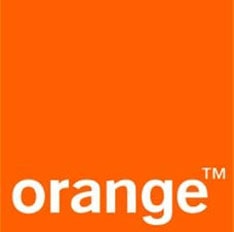 Orange Egypt
Orange Egypt Mobily
Mobily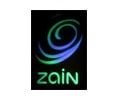 Zain Jo
Zain Jo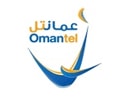 omantel
omantel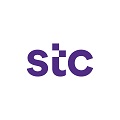 STC
STC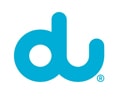 Emirates Du
Emirates Du Asiacell
Asiacell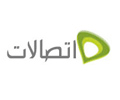 Etisalat Egypt
Etisalat Egypt  Telecom Egypt
Telecom Egypt jawwal
jawwal Orange Jo
Orange Jo Umniah
Umniah Zain Sa
Zain Sa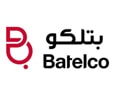 Bahrain Batelco
Bahrain Batelco Zain Bh
Zain Bh Wataniya palestine
Wataniya palestine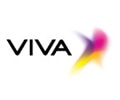 Kuwait Viva
Kuwait Viva  Zain Kw
Zain Kw Vodafone Qa
Vodafone Qa MTN Syria
MTN Syria Syriatel
Syriatel Sabafon
Sabafon Zain Iq
Zain Iq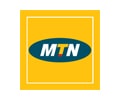 MTN Yemen
MTN Yemen Ooredoo Kw
Ooredoo Kw Vodafone Egypt
Vodafone Egypt  Samatel
Samatel Huawei
Huawei Samsung
Samsung MOTOROLA
MOTOROLA Lenovo
Lenovo Alcatel
Alcatel LG
LG Nokia
Nokia Sony Ericsson
Sony Ericsson HTC
HTC BlackBerry
BlackBerry Siemens
Siemens Acer
Acer Sony
Sony Asus
Asus VK
VK APPLE
APPLE BenQ-Siemens
BenQ-Siemens Sagem
Sagem Eten
Eten HP
HP Panasonic
Panasonic Amoi
Amoi Toshiba
Toshiba Sharp
Sharp Sonim
Sonim Bird
Bird Mitac
Mitac Philips
Philips Vertu
Vertu Pantech
Pantech Micromax
Micromax Maxon
Maxon Haier
Haier I-mate
I-mate Gigabyte
Gigabyte I-mobile
I-mobile Kyocera
Kyocera BenQ
BenQ Microsoft
Microsoft Telit
Telit Connect
Connect Sendo
Sendo Mitsubishi
Mitsubishi SEWON
SEWON NEC
NEC DELL
DELL Thuraya
Thuraya Neonode
Neonode Be
Be Qtek
Qtek Bosch
Bosch Palm
Palm MWG
MWG Fujitsu Siemens
Fujitsu Siemens XCute
XCute WND
WND INQ
INQ O2
O2 Innostream
Innostream Benefon
Benefon Google
Google






